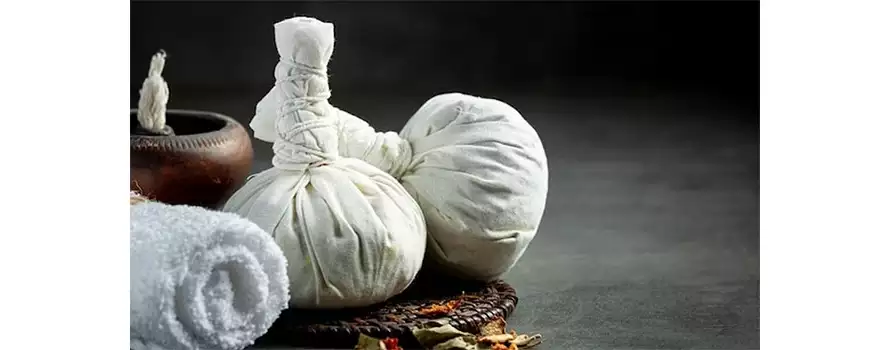Punarnava is a native plant that has numerous medicinal properties. Punarnava gets its name from its proclivity for growth and reproduction. The aerial part of the plant dries up in the summer and regenerates in the rainy season; the word “Punarnava” comes from Punar, which means “once again,” and Nava, which means “new.”
Benefits of Punarnava
- Cleansing and digestion: Punarnava’s healing properties enkindle Agni (digestive fire) and can help stimulate a sluggish digestive system. It’s opening and cleansing, aiding in the removal of excess Kapha and allowing nourishment to reach the tissues.
- Healthy Weight Control: Punarnava helps the body break down and digest fat, as well as absorb excess fluids in the digestive system. This makes it an effective weight-loss ally, particularly for those who are naturally prone to gaining weight.
- Liver and Kidney Health: Health of the Liver and Kidneys Punarnava is well-known as a liver and kidney tonic, and it is frequently used to support these organs.
- Joint Mobility and Comfort: Punarnava has traditionally been used to relieve joint and muscle pain. It promotes joint comfort and provides relief from joint pain caused by an imbalanced Kapha.
- Supporting the Lungs: Helping the Lungs Its healing properties make it an effective herb for removing excess Kapha from the lungs and respiratory tract.
- Cardiovascular Health: Punarnava is said to be an excellent and nourishing herb for heart health, owing to its circulatory system clearing action.
How to Use Punarnava?
The Punarnava plant and its components are used in various ways to make remedies for different illnesses, as follows:
- Punarnava juice
- Punarnava fresh leaf or root juice can be administered topically for eye conditions.
- Milk or water with Punarnava powder
- An ointment prepared from the Punarnava root’s paste
- Punarnava root is formed into a paste and used as an ointment for a variety of ailments by mixing it with ghee, honey, milk, Kanjika, or Tila Taila.
Your Ayurvedic doctor will advise you on the form and dose based on your health.
Side Effects of Punarnava:
There have been no negative effects thus far documented. The drugs are always provided in a course where one drug counteracts the adverse effects of the other.
Precautions to Take with Punarnava:
- Before taking the drug, please talk to your doctor.
- Not advised for kids under the age of twelve.
- Not advised for pregnant females.
Interactions with Other Drugs:
The following medicines and Punarnava could have interactions:
- Cardiovascular drugs for ACE inhibitors, vasodilation, and diuresis
- Hypertension drugs
- Anxiolytics since it could make them more active




1 Comment
Amit yadav
“Vedikroots 100% Pure Punarnava Churna has truly been a lifesaver for me! It’s undoubtedly the best churna for supporting kidney health. I’ve noticed a significant improvement in my overall well-being since incorporating it into my routine. Highly recommend it to anyone looking to take better care of their kidneys!”